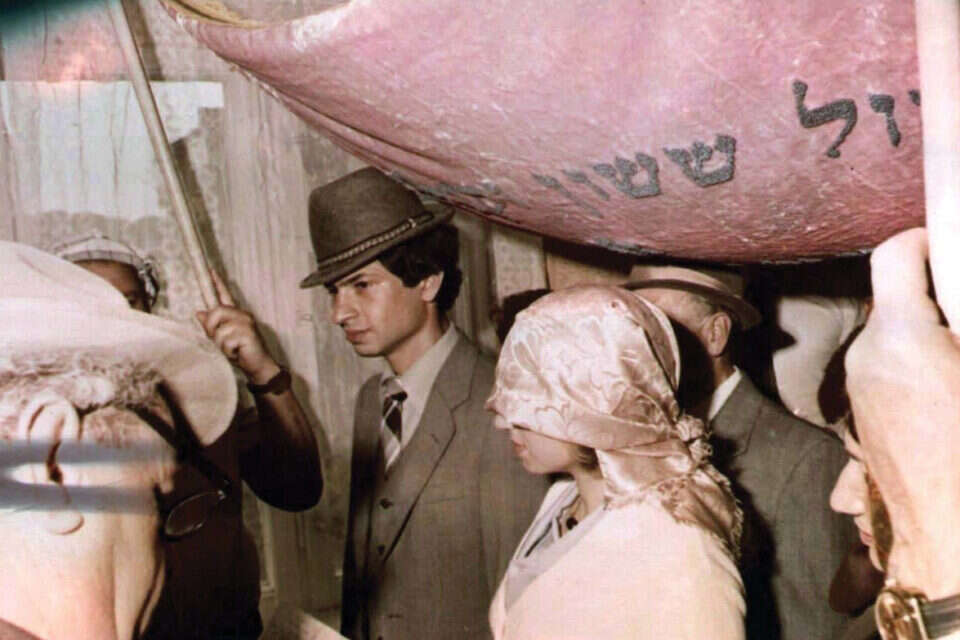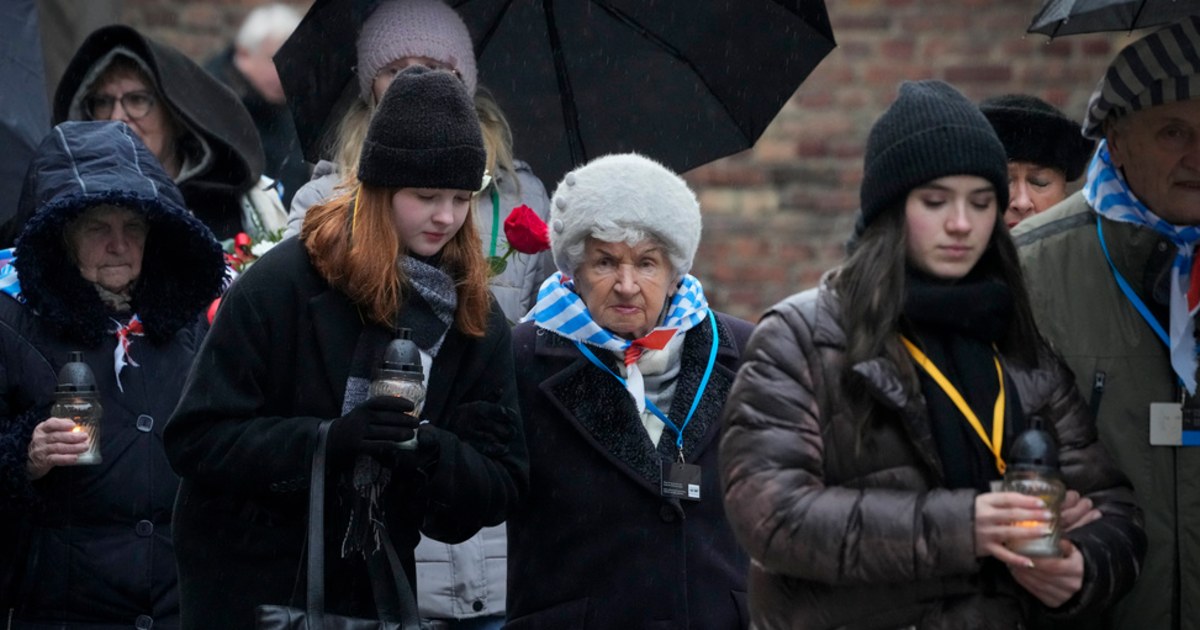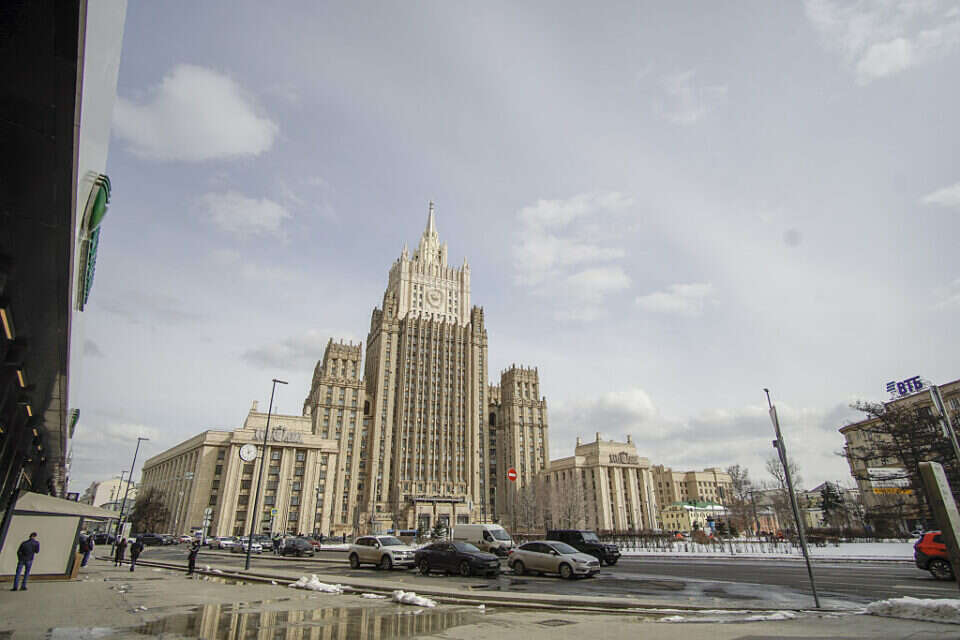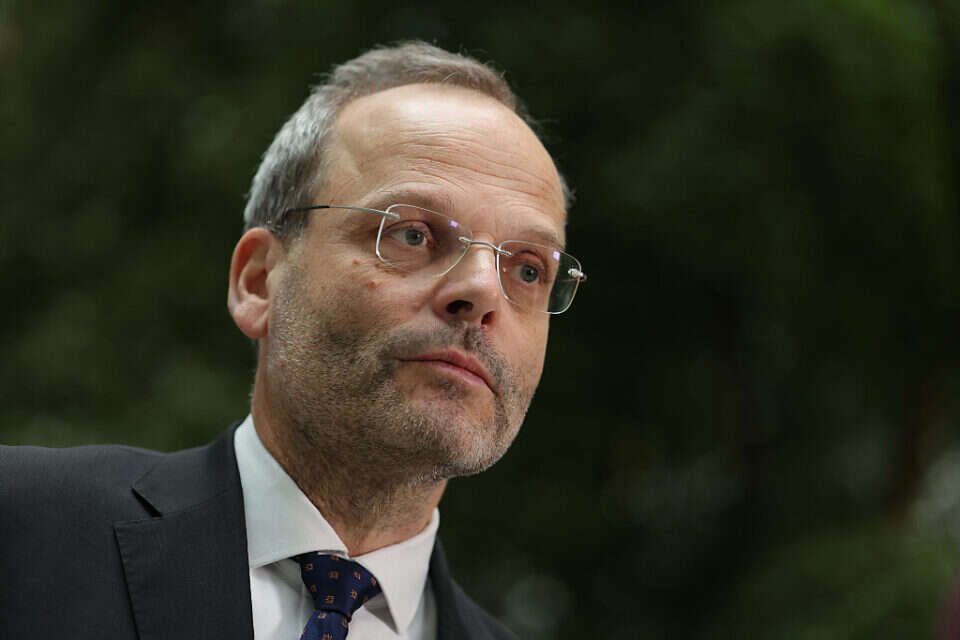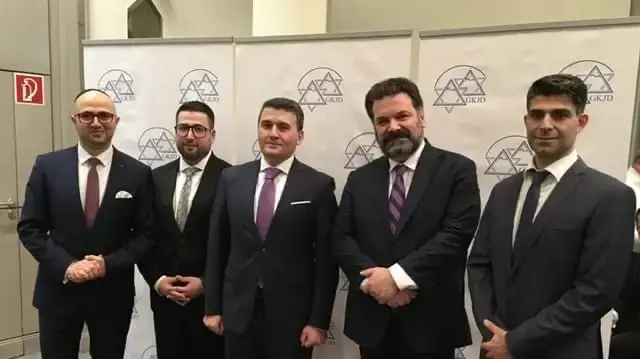A few months ago, Dr. Anna Pershitsky encountered a problem: she was invited to a conference on Oriental tradition at the Yad Ben Zvi Institute, and was asked to represent the Russian speakers in a panel that dealt with the various groups in Israeli society. ? ", Says Dr. Pershitsky, senior lecturer in the Department of Sociology at the Academic College of the Western Galilee. "In Israel, it is common to think that the Jewish identity of people from the USSR is damaged, that we did not have Judaism. Here, just last year Chief Rabbi Yitzchak Yosef said that all Russian speakers are Gentiles, Communists. This is a dominant perception of the Israeli public, and against this background all the DNA tests and humiliating Judaism inquiries. After all, the immigrants themselves say that there was no Judaism. "
So, at the conference, Dr. Pershitsky spoke about the "Orientalization" of immigrants from the USSR - a phenomenon in which the 1.5 generation, who grew up in the development towns, absorbed the traditional through the Orientals - but then she asked herself again: Wasn't there traditionalism?
She decided to investigate the issue in depth.
"I decided to interview those born after 1945. I conducted ten interviews - and discovered a world and its fullness, treasures."
The researcher, Dr. Pershitsky, Photo: Rina Rosenweiss
One of these treasures is Tanya (Tema) Fichman. "Our canopy was a big secret," says Fichman. She secretly married in Chernivtsi in western Ukraine as early as the 1970s, when any expression of religious life carried great risks. "No one was supposed to know, except the closest ones, what with the fact that I was a member of the Komsomol (Communist Youth Organization). That's how it was. Not only for me, but for everyone who kept a tradition." According to Fichman (71), the person who was responsible for organizing the ceremony was her grandfather. "He was a man of faith, he prayed every day. The canopy was set for Friday, and Grandpa took care of everything: he brought the four poles and the sheet of cloth. My fiancé stood in the center, and I walked around him seven times," she says, adding with a smile: "Because my mother told me that was how I would control him."
Fichman was exposed to Judaism as a child, in the 1950s.
Thus, for example, after her little brother was born, the family worried in front of him.
"We were not allowed to be in the room, but we peeked through the lock," she recalls.
Later, after she got married, her parents left for Israel.
She remained in Chernivtsi, but continued to maintain certain customs: every spring her husband used to travel to the city of Mohilev in Belarus, to obtain matzah there.
The matzah is reserved for the children to keep
Compared to Tanya, Shmuel Levenberg (63) was less exposed to religious customs.
His grandfather was a Trotskyite who was executed, and his mother worked as a doctor in Kharkov in eastern Ukraine, and no longer spoke Yiddish.
In 1982, when he was about to marry in a civil marriage of his choice, he heard that her grandmother demanded "Haifa" ("canopy", in Yiddish pronunciation). "I knew then what 'Haifa' was? I knew what a hippie was!", Laughs Shmuel. "Grandma organized everything. We had a wedding at home, in a two-room apartment in Lvov. We invited the relatives, except for the uncle and aunt, who worked at the university and we did not want to endanger them." Shmuel says that he did not observe kosher, but every Passover there was matzah on the table.
"There is a perception of a 'thin Jewish culture,' and it says that being a Jew in the USSR was limited to academic excellence, higher education, and belonging to intelligence," says Dr. Pershitsky, "but there was and is a tradition of Jews in the USSR.
I spoke with the families of Leningrad, Moscow, Lvov, Humel, and discovered that even after the war there were practices such as Brit, fasting in Yom Kippur or kosher slaughter.
There was also matzah baking, and there was a perception that reserved matzah was so named because children would be placed outside the apartment where they baked, so that they would be guarded and reported if anyone suspected approached.
Written in Yiddish by Tanya Fichman,
One of the keys to transmitting the tradition was a grandparent who survived the Holocaust, including the hardships of the 20th century, and insisted that the family maintain it. "The other key was the social location: There were historians who wrote about the observance of customs among the Jews of the USSR, but the subject did not even penetrate the consciousness of the Jews themselves.
Is there an overlap between Zionism and the preservation of Jewish practices?
"These are two separate phenomena. Prisoners of Zion came from the intelligentsia: scientists, engineers, people who came to Zionism after being exposed to anti-Semitism, like after the 'doctors' trial.' "Small towns, which insisted on a canopy and covenant and other customs. These are people who felt they had less to lose."
During the study, Dr. Pershitsky discovered another tradition. "His grandfather, Leib. My aunt Marina - named after Grandma Malka. I found a Nona named after Grandpa Noah, Mikhail after Motel and more."
Recently, a "Learn the People" conference was held in Tel Aviv, organized by the "Million Lobby" for the integration of USSR Jewish heritage into the Israeli public, including the teaching of heritage in the education system. More research, "notes Dr. Pershitsky," but first we need to tell the story in public, so that we know and do not forget. "
Were we wrong?
Fixed!
If you found an error in the article, we'll be happy for you to share it with us

